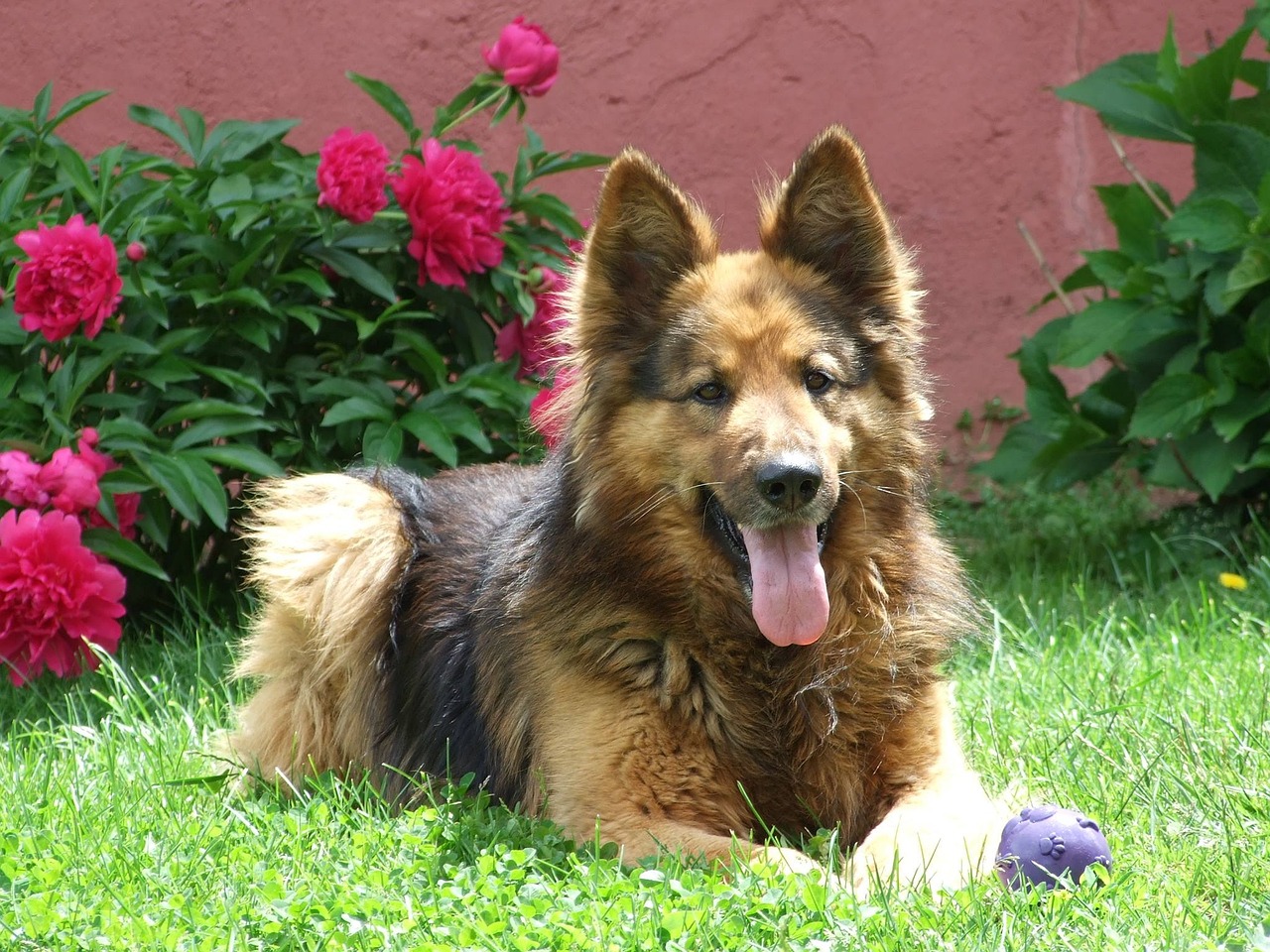German Shepherds are renowned for their loyalty, intelligence, and versatility. These traits have made them one of the most popular dog breeds worldwide. However, with their many strengths come vulnerabilities, especially in the form of breed-specific health issues. Let’s look at five of the most common health problems German Shepherds face, the signs to watch for, and how to manage these conditions effectively.

-
Hip and Elbow Dysplasia
These genetic conditions involve abnormal development of the hip and elbow joints, leading to discomfort, arthritis, and, in severe cases, mobility issues.
Signs to Look Out For A German Shepherd suffering from dysplasia may show difficulty standing up, reluctance to climb stairs, or decreased interest in activities they previously enjoyed. An abnormal gait, such as swaying or hopping, could also indicate joint problems.
Preventative Care: Maintaining a healthy weight can minimize stress on the joints. Regular, low-impact exercise can also keep the joints flexible and muscles strong. Consult your vet about joint supplements and consider genetic screening if your German Shepherd is a breeding dog.
-
Degenerative Myelopathy
Degenerative myelopathy is a progressive spinal cord disease leading to paralysis. This incurable disease typically affects older German Shepherds.
Signs to Look Out For Early signs include dragging of the hind legs, difficulty standing, or a change in the dog’s gait. As the disease progresses, the dog may become incontinent and eventually lose all mobility in the hind legs.
Preventative Care: While there is currently no known prevention or cure, physical therapy, and assistive devices can help maintain your dog’s quality of life.
-
Gastric Dilatation-Volvulus (GDV)
GDV, commonly known as bloat, is a serious condition where the dog’s stomach fills with gas and often twists. This condition can become life-threatening if not treated promptly.
Signs to Look Out For: Signs of bloat include a swollen or hard abdomen, excessive drooling, restlessness, and attempts to vomit without producing anything.
Preventative Care: Feeding smaller meals more frequently, avoiding rigorous exercise around meal times, and using a slow-feed bowl can help prevent bloat. Seek immediate veterinary attention if you suspect GDV.
-
Exocrine Pancreatic Insufficiency (EPI)
EPI is a condition where the pancreas does not produce enough digestive enzymes. This leads to malabsorption and malnutrition as food passes through the digestive tract undigested.
Signs to Look Out For: Symptoms include weight loss despite an increased appetite, diarrhea, and coprophagia (eating feces).
Preventative Care: EPI is usually managed with enzyme supplements and a highly digestible diet. Regular vet checks can help catch this condition early.
-
Allergies
German Shepherds are prone to various allergies, including food, environmental, and contact allergies. These can manifest as skin problems, digestive issues, and respiratory discomfort.
Signs to Look Out For: Signs of allergies include excessive scratching or licking, red or inflamed skin, chronic ear infections, and gastrointestinal issues like vomiting and diarrhea.
Preventative Care: Regular vet checks and allergy tests can identify allergens. Depending on the cause, a change in diet, flea prevention measures, or modifications to the home environment may be recommended.
Recognizing these common health issues can aid in early detection and treatment, enhancing your German Shepherd’s quality of life. Regular veterinary care, a balanced diet, appropriate exercise, and understanding your breed’s specific needs are crucial steps in maintaining your German Shepherd’s health. Always consult your vet if you notice any changes in your dog’s behavior, physical condition, or general wellness. Your attentive care and the bond you share with your German Shepherd can significantly contribute to their long, healthy, and happy life.
 Toledo, United States.
Toledo, United States.
